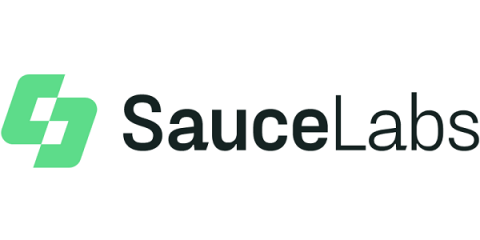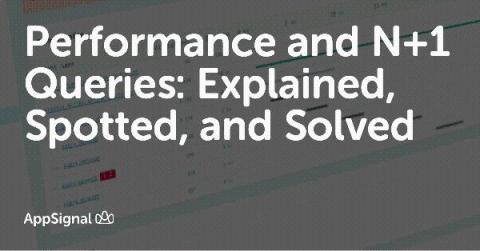Thanks to COVID-19 everyone is a data interpreter
One of the most interesting developments coming out of the current COVID-19 crisis is that people are looking at and interpreting data like never before. People that have never expressed an interest in data are now thinking about data and trying to understand what it means for them. There is a lot that businesses can learn from this. With COVID-19, people are taking the time to look at highly complex data, distill it, and assess what it means for their own behavior and lives.










